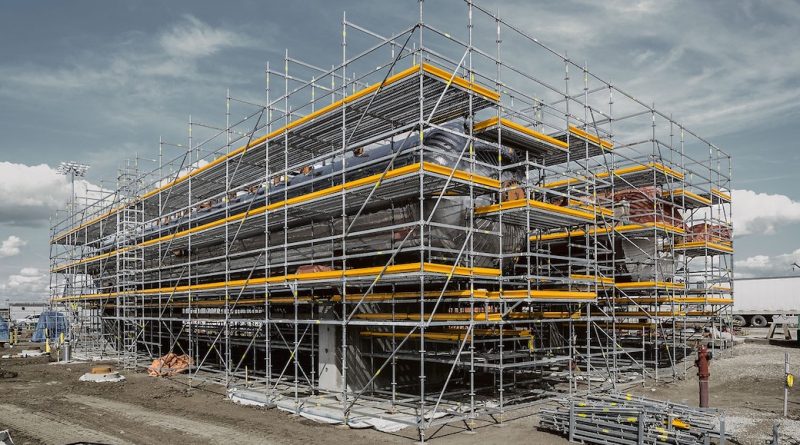Who Regulates Construction Companies?
When you think of construction, you likely imagine a bustling place where people rush around madly. But what happens when something goes wrong? Who’s responsible? This blog post will explore who regulates construction companies and what they can do to help ensure your project goes off without a hitch. From permits to safety inspections, read on to learn all you need to know about who is responsible for the safety of your home or office.
What are the Different Types of Construction Companies?
There are several different types of construction companies, each with its own set of rules and regulations. Here’s a look at some of the most common types:
General Contractors: General contractors are the most common type of construction company and typically do everything from acquiring land and designing buildings to overseeing the construction process itself. They must comply with various regulations governing safety, health, and environmental concerns.
Landscapers: Landscapers are usually hired to maintain the landscaping around construction sites. They must follow regulations governing landscaping practices, including restrictions on how close they can approach structures being built.
Wholesalers: Wholesalers are responsible for procuring goods and services for builders across a wide range of categories. They must adhere to numerous regulations to keep their businesses legal and compliant with local ordinances.
How do Government Licensing and Regulations Affect Construction Companies?
Construction companies must adhere to government licensing and regulations to ensure safety and compliance with building codes. The U.S. Department of Labor’s Occupational Safety and Health Administration (OSHA) is responsible for enforcing health and safety standards in the construction industry.
OSHA regulates employers with more than 10 employees in the construction industry and certain types of workers, such as carpenters, electricians, millwrights, plumbers, pipefitters, and roofers. Most states also have safety and health laws that apply to construction companies.
Construction companies must document all injuries and illnesses on employee time sheets to receive medical benefits. They must also keep records of hours worked per day, week, month, or year; days worked per week; type of work performed; equipment used; materials used, and methods used to perform the job.
In addition to complying with OSHA regulations, construction companies must follow applicable state codes. For example, California requires that all scaffoldings be erected by qualified contractors who are registered with the state。
Contractors who operate outside of the specific state or federal regulations may still be subject to local ordinances that prohibit certain types of work or require additional safety measures.
Who Regulates Construction Companies?
There are a few organizations that regulate construction companies. The main organization is the National Association of Home Builders (NAHB). NAHB sets guidelines for how construction companies should operate and how they must be inspected. The other organization is the Federal Trade Commission (FTC). FTC regulates how construction companies can advertise their services.
Conclusion
Construction companies are a vital part of our economy, and as such, they need to be regulated to ensure that they operate safely and fairly. In this article, we will look at who regulates construction companies in the United States and their responsibilities. We hope that this information has helped you better understand regulators’ role in protecting the public from rogue construction companies.




